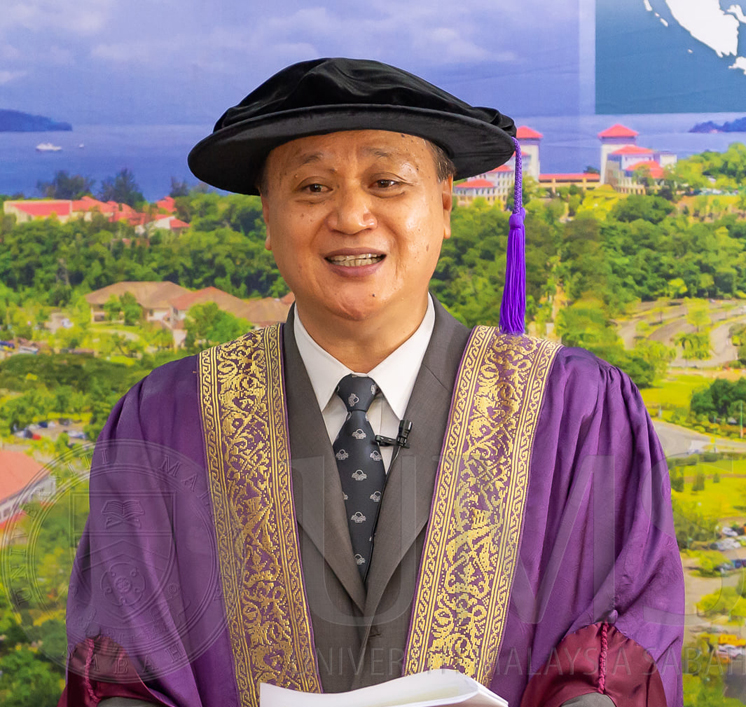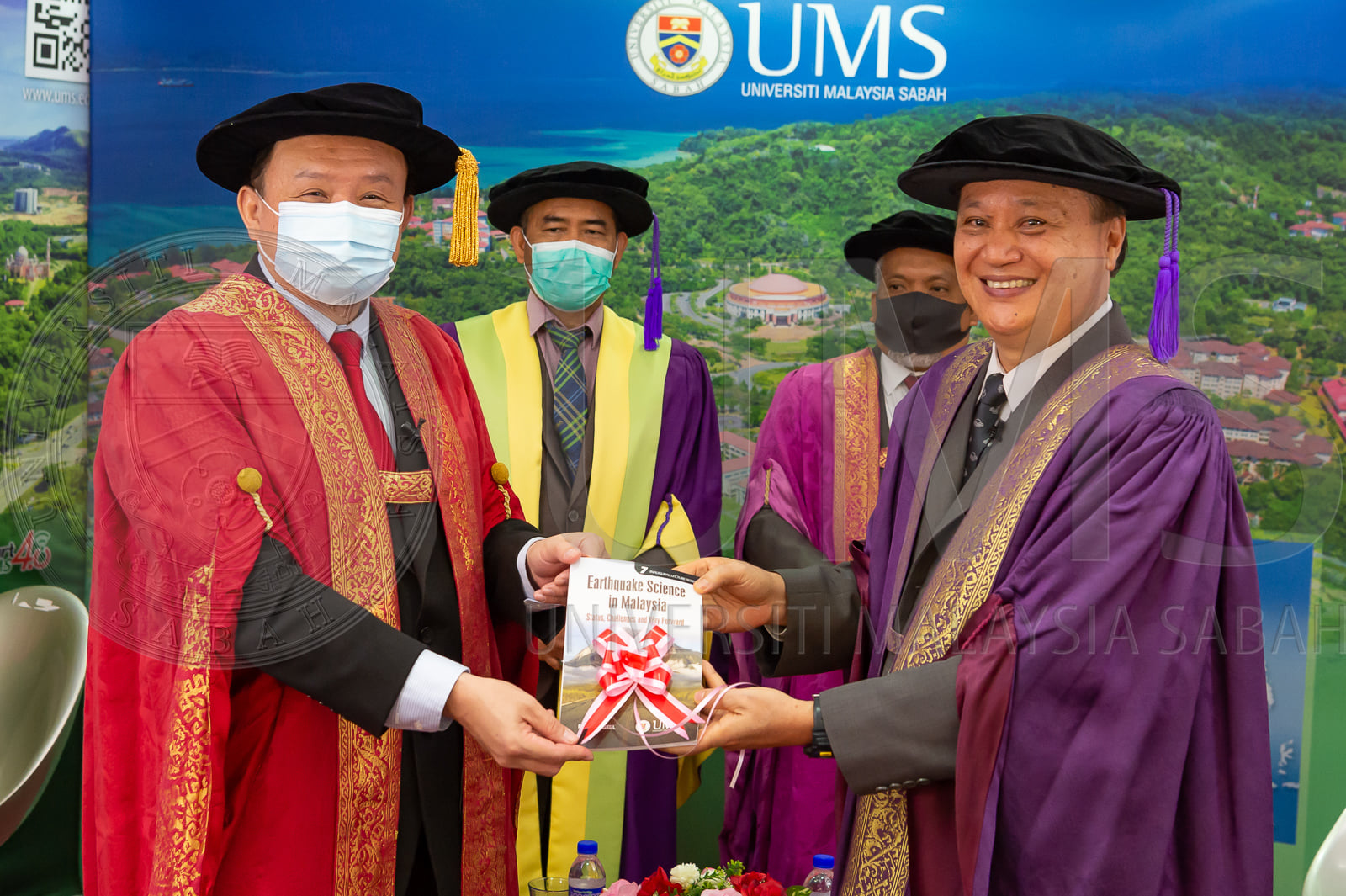
KOTA KINABALU: A geologist expects a strong seismic event to occur in Lahad Datu in the near future based on the frequency of earthquake episodes recorded.
Universiti Malaysia Sabah (UMS) academician Professor Dr Felix Tongkul said, even although the historical earthquake record was patchy due to older seismographs, it had improved after 1970.
"For the last 100 years, there have been regular happenings of earthquakes with magnitudes greater than 5.0 (on the Richter scale).
"Four strong earthquakes with magnitudes greater than 6.0 occurred in Kudat in 1951, Lahad Datu (1923 and 1976) and Ranau (2015)," he said in an inaugural virtual lecture on Earthquake Science in Malaysia on the UMS Facebook page.
"The earthquake record in Sabah is too short to come up with a reliable recurrence interval. However, based on available records, the frequency of earthquake occurrences with over 5.0 magnitude in Ranau is about 25 years (1966-1991).
"In Lahad Datu the frequency of earthquake occurrences with magnitude more than 6.0 is about 53 years (1923-1976). Based on this, we should expect another strong earthquake in Lahad Datu soon," said Tongkul.
In Sabah, the last strong quake measuring 6.0 on the Richter scale hit Ranau in 2015. It came 24 years after the 1991 Ranau earthquake.
Through earthquake research, Tongkul noted experts could learn to predict the time, place and size of specific large earthquakes, ideally in a very short time to allow communities to be more prepared.
"Unfortunately, accurate prediction of earthquakes is still not possible at this stage due to the complexity of the system. There are no clear signals before occurrences of a large earthquake.
"However, many aspects of earthquake behaviour can be anticipated with enough precision to be useful in mitigating risks.
"The potential of faults to cause future earthquakes can be assessed by combining geological field studies of previous movements with seismic and geodetic monitoring of current activity," he said.
Tongkul said the Active Fault Research Group coordinated by UMS had in 2012 mapped several potential active faults, namely in Ranau, Kudat, Sandakan, Lahad Datu and Kunak. 
From 2018, UMS has been collaborating with Cambridge and Aberdeen universities as well as the Malaysian Meteorological Department to record how earthquake waves propagate under Sabah to determine its crustal structure.
Tongkul pointed out four major challenges of earthquake science in Malaysia: the lack of seismic geological, geodetic and engineering data; inadequate seismic and geodetic monitoring system; lack of trained human resources; and, a lack of public awareness.
As such, he said there was a need for several things, that is to carry out and develop comprehensive geological and engineering studies; coordinated seismic and geodetic monitoring; human resource capacity building; coordinated public education; a special research and development fund; and, a national earthquake research centre.
Significant 5.0 to 6.0 magnitude earthquakes will continue to occur in Malaysia, he said, but this will be limited to certain areas in Sabah especially in Ranau, Lahad Datu, Kunak, and Kudat.
"While earthquakes can't be prevented, levels of risk can be reduced or eliminated with proper understanding of how earthquakes interact with the surroundings.
"Detailed seismic hazard maps in high-risk areas are urgently needed, while earthquake prone areas in Sabah should seriously start implementing new earthquake-resistant building codes.
"This has proven to be effective in reducing casualties in countries that have implemented such measures, such as in Mexico, Chile and New Zealand. I do hope measures proposed can become the basis for quake disaster risk reduction in Malaysia," added Tongkul.


